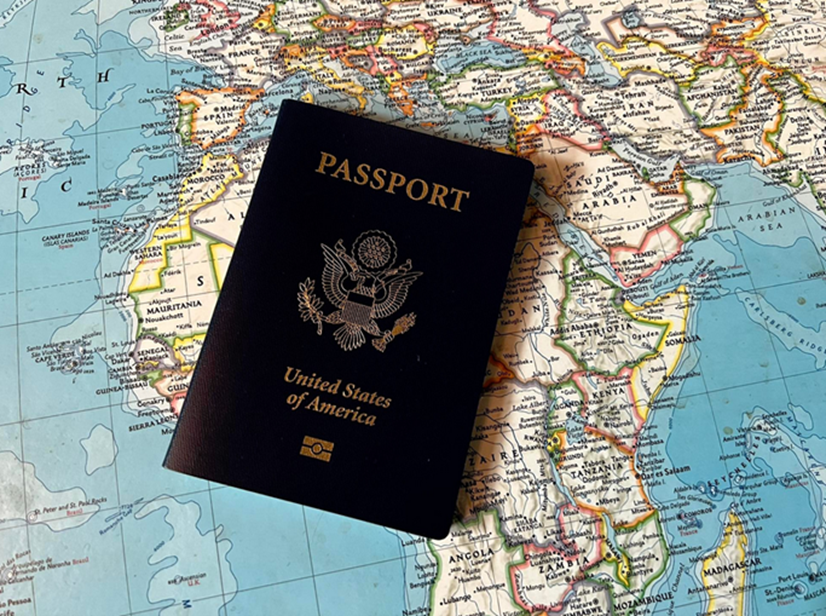As an American writer living in Berlin, I strain to understand and express some of the differences between my two homes. So many exceptions to any rule, no broad-brushstroke of a short essay is going to begin to capture anything but the most basic generalization. Still, let me try. Here’s a story plucked from memory.
In 1998, I was walking on 14th Street in Manhattan. Traffic was thick, and I was standing mid-block waiting for the chance to cross. There was a man standing next to me, also waiting to cross. He looked unhappy. A few colorful adjectives were used in the ensuing conversation, replaced here by the word ‘stupid’.
“I don’t understand my stupid brother,” he said in a strong NY accent.
“What’s wrong?” I asked.
“Our father’s dying. The doctors want him to take one medicine, but my stupid brother, he thinks he should take another. He’s not a doctor, so what is that? How stupid stupid can you get!”
It happened that at the same time, my father was in a hospice in the Bronx, also dying. And I was having some difficulties with my own brother.
“I know exactly what you mean,” I told this stranger. “My dad’s also dying now, and my brother also thinks he knows better than the doctors.”
“You see what I mean!” said my new friend. “So, you know!”
Finally, there was a break in traffic. And as we both crossed, each heading toward his own future, he flashed me a thumb’s up.
“Good luck with your dad and your brother,” he said.
“You too!”
Maybe I’m wrong, but I believe I could live a hundred years in Germany and never once have such an intimate and cathartic conversation with a stranger. I have tried. In the supermarket where I have shopped a thousand times, the clerks still treat me as if they had never seen me before. If either of us is having a good day or bad day, it’s like a state secret never to be revealed.
In 1980, during a wanderjahr in Europe, I was on a train from Vienna to Budapest, traveling with my Austrian girlfriend. The Iron Curtain had not rusted through yet, and at the border, stern-looking Hungarian guards checked our papers. I spoke no German then.
“Why are you coming to Hungary?” the guard demanded to know. My girlfriend translated for us.
“Tell him it’s because I want to have a look at their military installations.”
Poor Heide. Her face turned white. “You can’t joke with these people like that,” she half-whispered. Mercifully, the guard’s English was as bad as my German and he hadn’t understood.
I was indignant that he wouldn’t understand that like all people I had the ‘right’ to go where I wanted, for whatever reason I wanted, and to say whatever I wanted to say.
On the one hand, I will never stop admiring, and longing for, the openness I grew up with back at home in the States. On the other hand, we Americans hail from an island nation mindset, unaccustomed to the nuances of dealing with other cultures. We are naïve. From San Diego to Maine, from Seattle to Key West, we expect others to think and act as we do.
The truth is that we have much to teach – and much to learn.
3,924 Total Views, 5 Views Today








